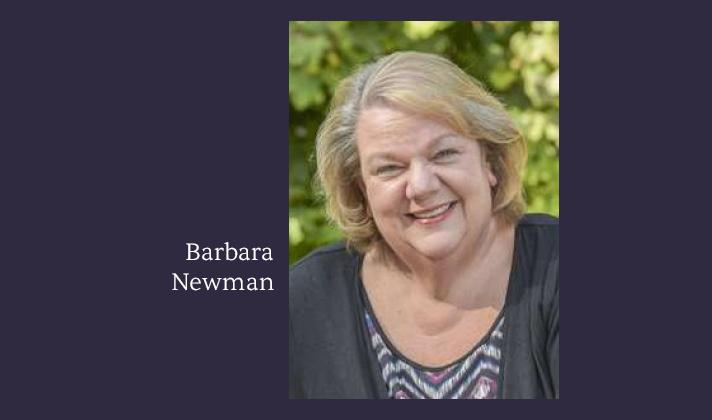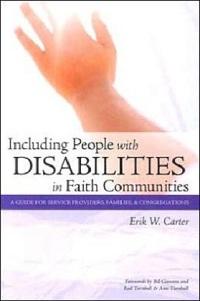Four Essentials for Multicultural Worship
Churches can become more multicultural through traditioned innovation based on prayer, intention, hospitality and discomfort.
Universal Design for Worship
Barbara Newman shares how the entire worshiping community benefits from worship services that are designed and led with the goal of including everyone.
Colleen Kwong on Using Art to Include Shut-ins
When strokes, illness or other challenges keep people from attending worship, they often fall off the congregation’s radar. Here are ideas for using visual arts to reconnect and include such people in worship and church life.
Peggy Goetz on Churches and Stroke Survivors
Stroke is a leading cause of disability in adults around the world, so your congregation probably includes—or will soon include—stroke survivors. And about a third of stroke survivors suffer from some form of communication impairment. Peggy Goetz researches the experience of stroke survivors in their church communities.
Peggy Goetz on Planning Worship with Stroke Survivors
Peggy Goetz is a communication arts and sciences professor at Calvin College in Grand Rapids, Michigan. Observing her speech pathology students in Calvin’s stroke clinic sparked her to research the experience of stroke survivors in their church communities.
Dan Vander Plaats on God and Disability
Dan Vander Plaats is director of advancement at Elim Christian Services in Palos Heights, Illinois. Elim’s mission is to help children and adults with disabilities reach their God-given educational and vocational potential.
Each Ability and Disability Reveals God
A new resource explains that the most disabling aspect of living with disabilities is the attitude of others.
Five Stages on the Journey of Disability Attitudes
Based on the idea that the most disabling aspect of life with disabilities is the attitudes of others, Dan and Dan will show us how our attitudes often marginalize those God has called into God’s kingdom and service.
It's More Than a Ramp
In recent years, there has been a spate of theological work on persons with disabilities . Important questions abound: What do we mean by “disability”?
Christian Worship Experiences for Persons with Dementia
Dementia frequently interferes with a person's ability to connect with and to benefit from regular religious activities and worship styles that had been meaningful in the past. Yet, persons with dementia continue to need to worship and experience a comforting, deep encounter with Christ.
Churches must value the disabled
Although churches have become more intentional about inviting persons with special needs into their buildings, there is so much more to learn about the practical implications of full participation in the life of a church family.
Worship Accessibility Evaluation
A checklist for making your worship more accessible to those with disabilities.







